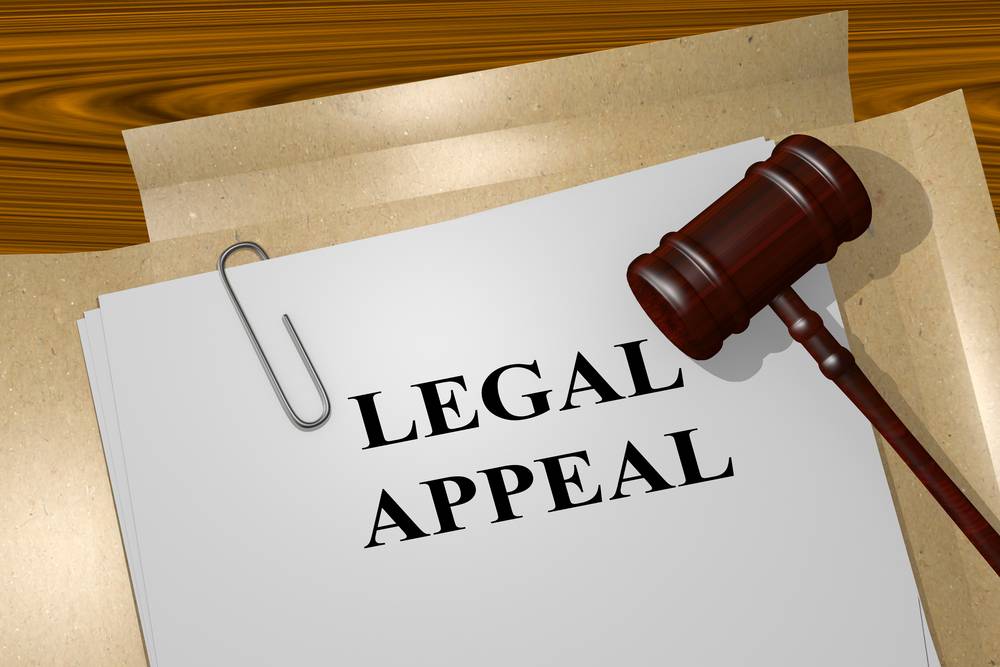American history has generational periods dotted with crime. Take the Wild West, for instance, where vigilantes undertook the task of serving justice. Riots, mob violence, and looting nearly went out of control during the civil war. Then came the twenties, where gangsters lured their opponents to gunfights over illegal deals.
Criminal law has evolved and continues to change with society. The procedures used to prosecute today are the fruits of years of trial and error. The federal government defines crimes and punishes those responsible while the United States Congress enacts the laws that set crimes and provides various punishments for each.
In a criminal case, the government, through an official called the prosecutor, seeks punishment for an act that the state legislature deems a crime. After these sneak peeks on the evolution of crime, we can now discuss how criminal appeals arise and the course of action taken by attorneys.
Understanding Criminal Appeals
When you commit a crime and get convicted, you can seek a review of the decision. A higher court, the appellate court, reviews proceedings from the lower court that convicted you. These include statements by the attorneys, witnesses, and the judge. You can file to overturn the conviction or for a reduced sentence.
Note that an appeal does not constitute a new trial but instead seeks to find errors in the conviction or sentence. Therefore, no further evidence is presented, but the appellant now has an opportunity.
So, the objective of a criminal appeal is to pinpoint the erroneous nature of a lower court. At this stage, you now become an appellant responsible for proving legal mistakes that influenced a flawed decision. If granted, you now push for a retrial or new sentencing.
Your Criminal Appeal Lawyer Files Arguments to Justify the Appeal
An appellate court examines court records and briefs submitted by the appellant and prosecution. For example, if you seek to challenge a conviction, you must file a brief. In the arguments in an opening brief, you will argue on the legal flaws.
On its part, the government (opposing side) also files their argument showing why the higher court should let the sentence or conviction stand. Upon obtaining the government’s response, your criminal appeal lawyer can help you file a second brief. Also, the appellate court allows oral arguments from both sides at this stage.
Criminal appeals take months of hearing before courts can decide. In most states, there is a requirement compelling an appellant to notify the appellate court as soon as sentencing or conviction occurs.
What Are the Grounds for Appeal?
A lawyer may have offered ineffective assistance. Cases abound of misconduct by jury members, or there could be legal errors. These are the three grounds that warrant you to file an appeal. Legal errors arise from:
- Insufficient evidence
- An inadequately briefed jury
- Improper admission of evidence
The appellate court must be confident that these circumstances affected the verdict in granting or rejecting your request. On the other hand, the conviction stands if none of the errors hurt the court’s decision.
Jury misconduct includes circumstances where one or several members were under the influence of alcohol or drugs. Moreover, unwarranted contact with the lawyers, witnesses, and other jurors also constitutes misconduct.
Ineffective legal assistance manifests through inadequate representation. You must prove that if it were not for the actions of your attorney, you would have obtained a different verdict.
How Does an Appellate Review Work?
In principle, an appeal goes to a court with higher authority. Therefore, if a state court convicted you, the appeal goes to an intermediate court in that order until it reaches the highest court.
Three levels exist in the U.S. federal court system:
1. District Courts
District courts handle both criminal and civil cases under the federal court system. Magistrates conduct hearings, issue search and arrest warrants, issue decisions on motions, and set bail.
2. Circuit Courts
Circuit courts are the first appellate court after a district court’s verdict. A panel comprising three court judges hears the appeal. After an appellant and the government file their briefs, the court calls for an oral argument, where lawyers present their views.
3. U.S. Supreme Court
Despite being the highest court in the judicial system, the Supreme Court is under no obligation to hear an appeal. Nonetheless, parties can file a request seeking the court’s attention. If granted, the same process of taking briefs and listening to oral arguments follows. If rejected, the circuit court’s decision stands.
The United States of America has one supreme court, 13 circuit courts, and 94 district courts. Each state names its courts differently. For instance, the California Supreme Court is the highest in that state. On the contrary, New York has a different naming system where the New York State Court of Appeals has the highest authority.
What Are the Outcomes of an Appeal?
There are three main outcomes after an appeal. These are:
- Reversed conviction
- Altered sentence
- New trial
In a reversed conviction the initial ruling is reversed–this is typically considered the best outcome, though also the most difficult to achieve. An altered sentence means that the original sentence is changed, and often shortened. In cases where the original trial is thought to have been corrupted, a new trial may be called.
How Can an Attorney Assist?
Despite having the right to an appeal, the process requires meeting specific requirements, each with deadlines. Failure to meet these could lead to a waiver of your appeal. Attorneys are conversant with these processes and can help you navigate a criminal appeal.
Do you feel that you were wrongly convicted? Did a lawyer let you down? Contact us for assistance and further guidance on the options at your disposal.

